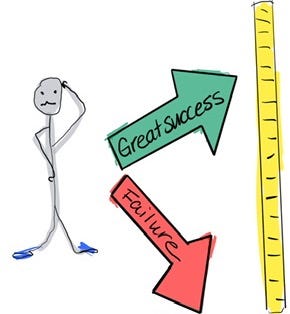NOTE: Please read to the end. The road may wind, but it will get you there. Meandering is good and it’s worth the trip. Ok?
In 2020, March 15 to be specific, my husband (Tibi’s CEO) and our President Elaine wrote out three principles that would guide us in every big decision we were about to make. The world was an aflame, the stakes incredibly high,…




